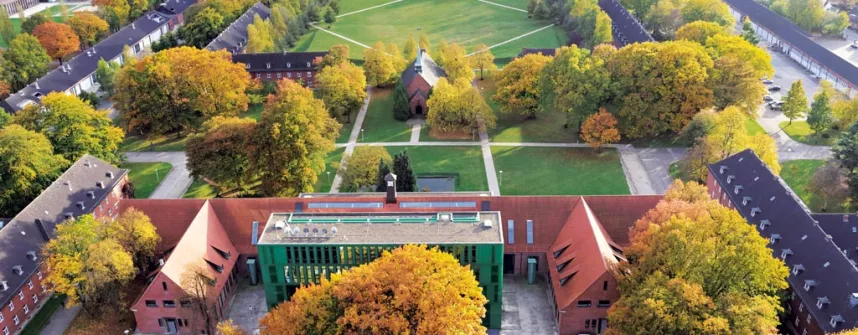Jacobs University Alumnus Participated in Discovery of Gravitational Waves
,
February 19, 2016
Physicists have now measured for the first time what Albert Einstein suspected 100 years ago: the existence of gravitational waves – and with them, black holes. Involved in this Nobel Prize–worthy discovery was a graduate of Jacobs University: Dr. Valeriu Predoi. Born in Romania, he studied physics, earth sciences, and astrophysics at the international university. He completed his studies in Bremen in 2006 and, following postings in Montreal and Toronto, began researching gravitational waves at the University of Cardiff in Wales. Dr. Predoi is one of the coauthors of the study that describes this one-in-a-century event for the first time. “He is involved in data analysis,” explains Peter Schupp, Professor of Physics at Jacobs University. “The gravitation detectors produce vast amounts of data. His job is to determine what is a signal and what is not.” At 11:50 a.m. on September 14, 2015, highly sensitive detectors received a signal lasting not even half a second. It was caused by two black holes colliding 1.3 billion years ago. “An incredible amount of energy was released when this happened, equivalent to the material of three solar masses,” says Professor Schupp. This giant cosmic crash was not picked up by any telescope, nor using radio waves, x-rays, or light, but only by the detectors belonging to a gravitational wave observatory in the United States. “This is what is so fascinating, and it has opened a new window for us into space. It is as if we have been given a new sensory organ,” says Professor Schupp. It was Albert Einstein who first posited the existence of gravitational waves 100 years ago. These waves are researched at Jacobs University as well. Along with the universities in Bremen, Oldenburg, Bielefeld, Hannover, and Copenhagen, the international university is a part of the DFG Research Training Group “Models of Gravity” where doctoral candidates research gravitational physics and, for example, also simulate black holes. Contact Prof. Dr. Schupp